Impact of Automation in WhatsApp API Across Industries: A Closer Look
Case Studies Conversational Leadership
Apurva Sharma
Published on 19 Mar 2023Highlights
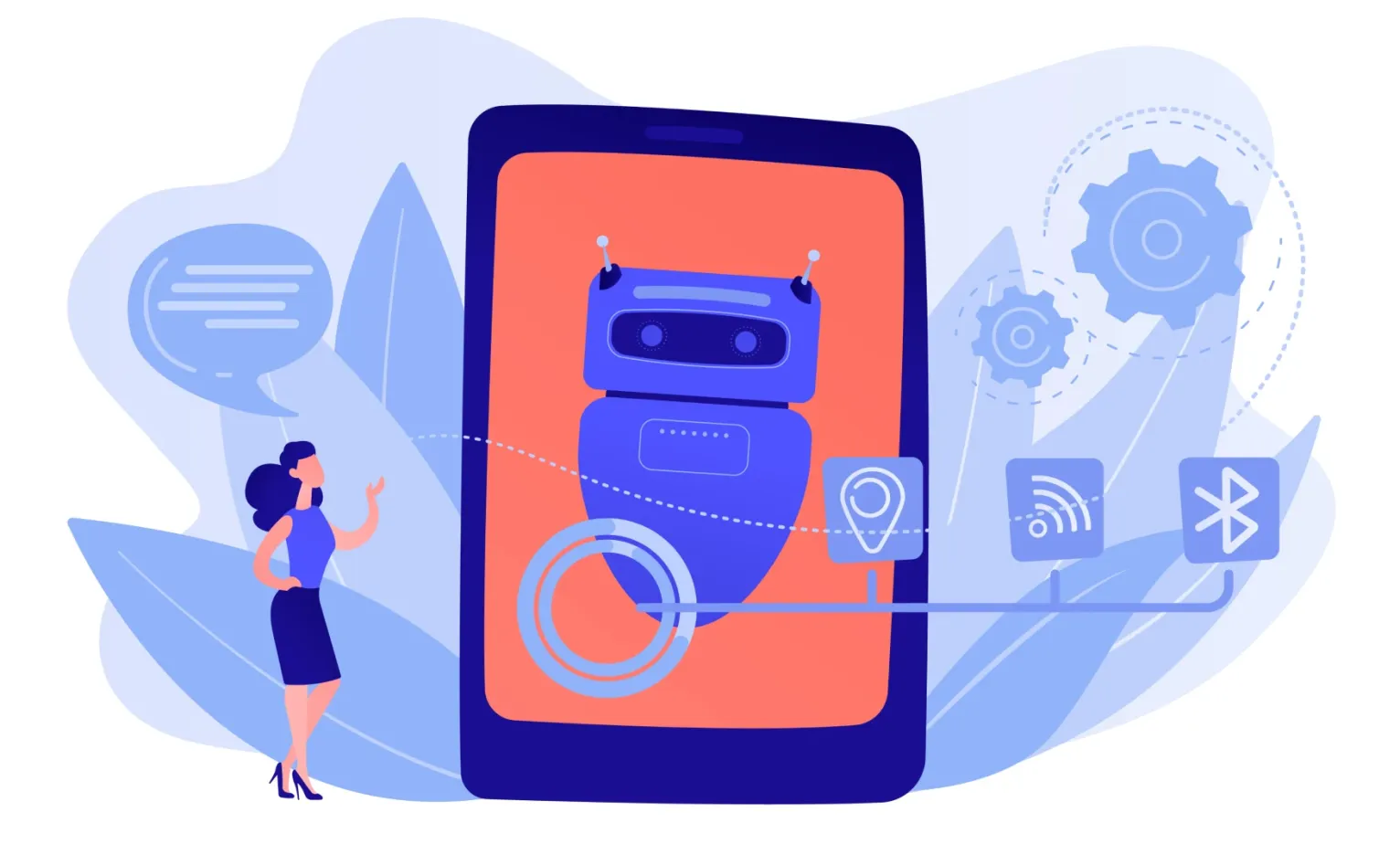
The rise of automation in the messaging industry has been an exciting phenomenon to witness. Automation has revolutionized the way businesses interact with their customers, and WhatsApp has been at the forefront of this revolution. The WhatsApp API has made it possible for businesses to automate customer interactions, making it easier for them to manage customer queries, orders, and even payments. This blog will explore the impact of automation in the WhatsApp API across industries.
Overview of WhatsApp API
WhatsApp API is an interface that enables businesses to connect with their customers using the WhatsApp messaging platform. The API allows businesses to send notifications, messages, and media to their customers via WhatsApp. It also enables businesses to receive messages from customers, create automated responses, and manage their interactions with customers.The WhatsApp API has a range of features that businesses can use to automate their customer interactions. These features include:
- Message Templates: The API allows businesses to create pre-approved message templates that they can use to communicate with their customers. This makes it easier for businesses to send out notifications, updates, and marketing messages to their customers.
- Automated Responses: The WhatsApp API allows businesses to set up automated responses to customer queries. This means that businesses can respond to customer queries even when they are not available to respond manually.
- Payment Integration: The WhatsApp API enables businesses to integrate payment options into their interactions with customers. This makes it easier for customers to make payments for orders, bookings, and other transactions.
Impact of Automation in the WhatsApp API Across Industries
- Retail IndustryThe retail industry has been one of the biggest beneficiaries of automation in the WhatsApp API. Retailers have used the API to automate customer interactions, making it easier for them to manage customer queries, orders, and payments. Retailers can use the API to send order confirmations, delivery notifications, and even payment reminders. They can also use the API to create personalized marketing messages that target specific customers based on their preferences and previous interactions.The WhatsApp API has also made it easier for retailers to handle customer queries. With the automated responses feature, retailers can respond to customer queries even when they are not available to do so manually. This has improved customer satisfaction levels and has helped retailers to retain customers.
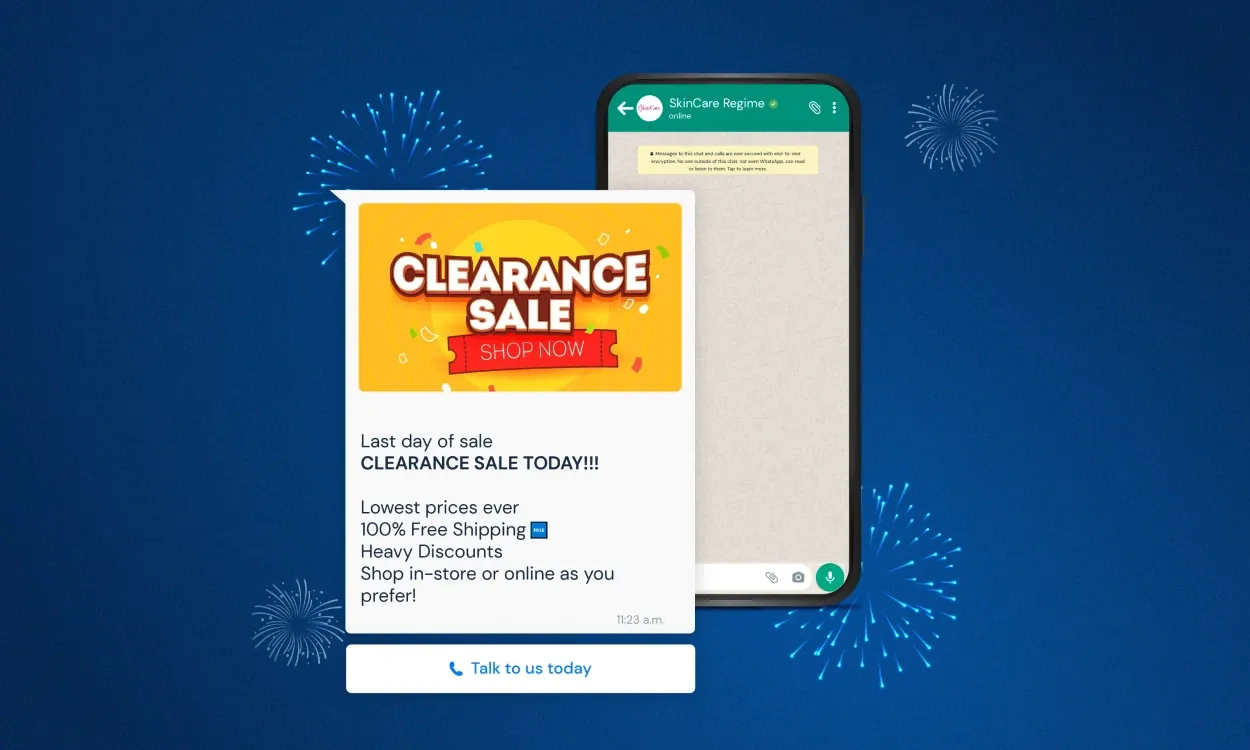
- Hospitality IndustryThe hospitality industry has also benefited greatly from automation in the WhatsApp API. Hotels, restaurants, and other hospitality businesses have used the API to automate customer interactions, making it easier for them to manage bookings, orders, and payments. They can use the API to send booking confirmations, room service orders, and even payment reminders.The WhatsApp API has also made it easier for hospitality businesses to handle customer queries. With the automated responses feature, hospitality businesses can respond to customer queries even when they are not available to do so manually. This has improved customer satisfaction levels and has helped hospitality businesses to retain customers.
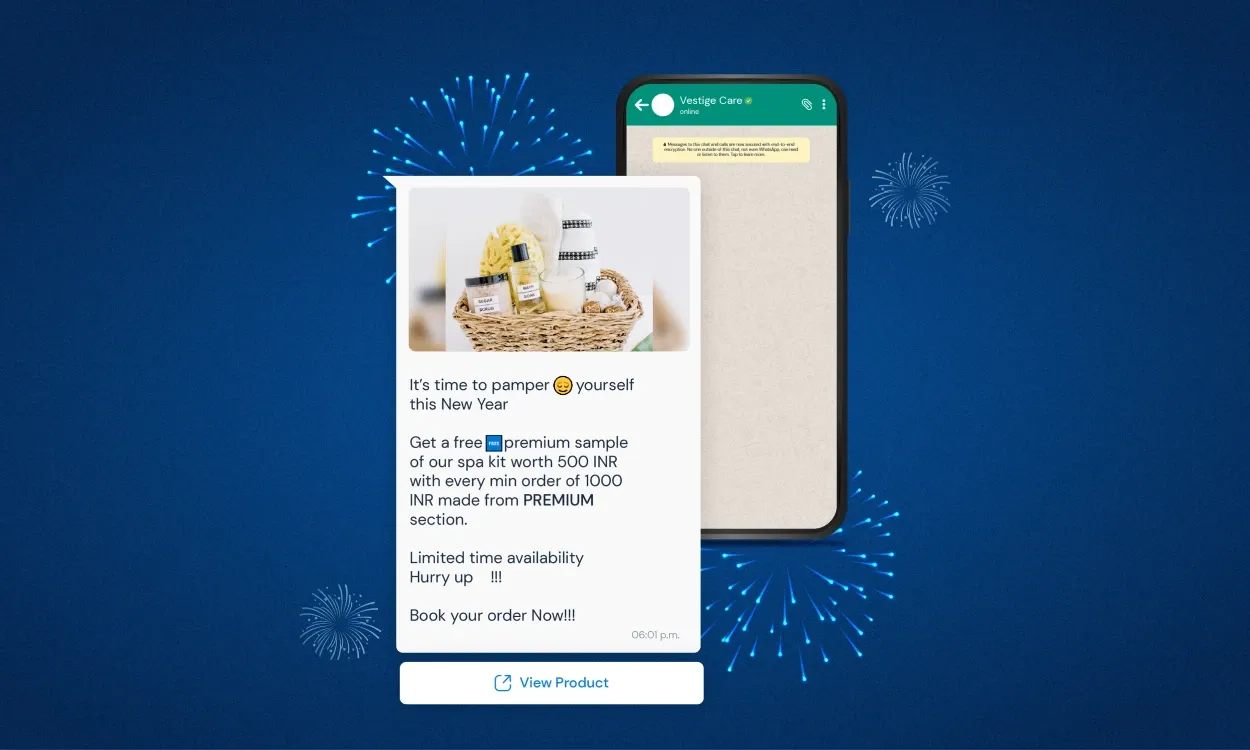
- Healthcare IndustryThe healthcare industry has also seen the benefits of automation in the WhatsApp API. Healthcare providers can use the API to automate appointment reminders, medication reminders, and even test results. This has improved patient outcomes and has reduced the risk of missed appointments or medication doses.The WhatsApp API has also made it easier for healthcare providers to handle patient queries. With the automated responses feature, healthcare providers can respond to patient queries even when they are not available to do so manually. This has improved patient satisfaction levels and has helped healthcare providers to retain patients.
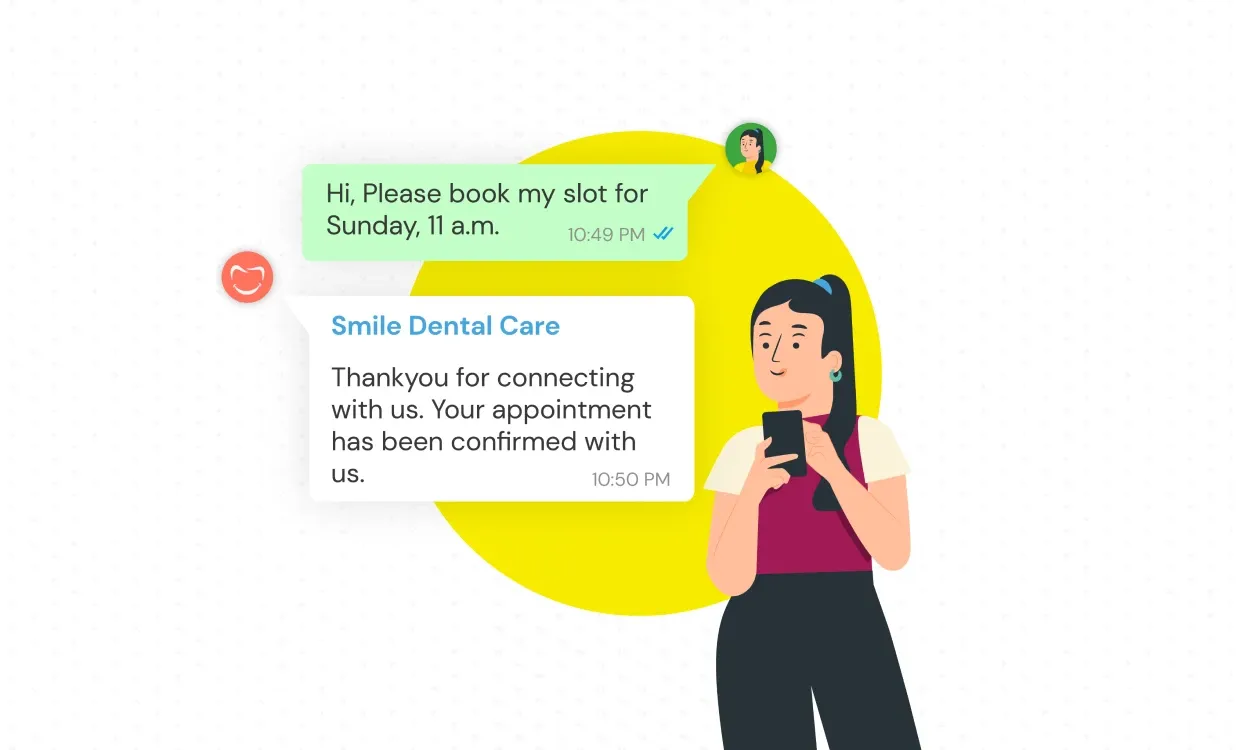
- Financial IndustryThe financial industry has also benefited greatly from automation in the WhatsApp API. Banks, insurance companies, and other financial institutions have used the API to automate customer interactions, making it easier for them to manage customer queries, transactions, and payments. They can use the API to send transaction notifications, payment reminders, and even personalized marketing messages.The WhatsApp API has also made it easier for financial institutions to handle customer queries and attend to customer complaints in the quickest possible time. The documents and safety of data is the primary aspect of the financial industry that are made possible with 360-degree security by WhatsApp API.
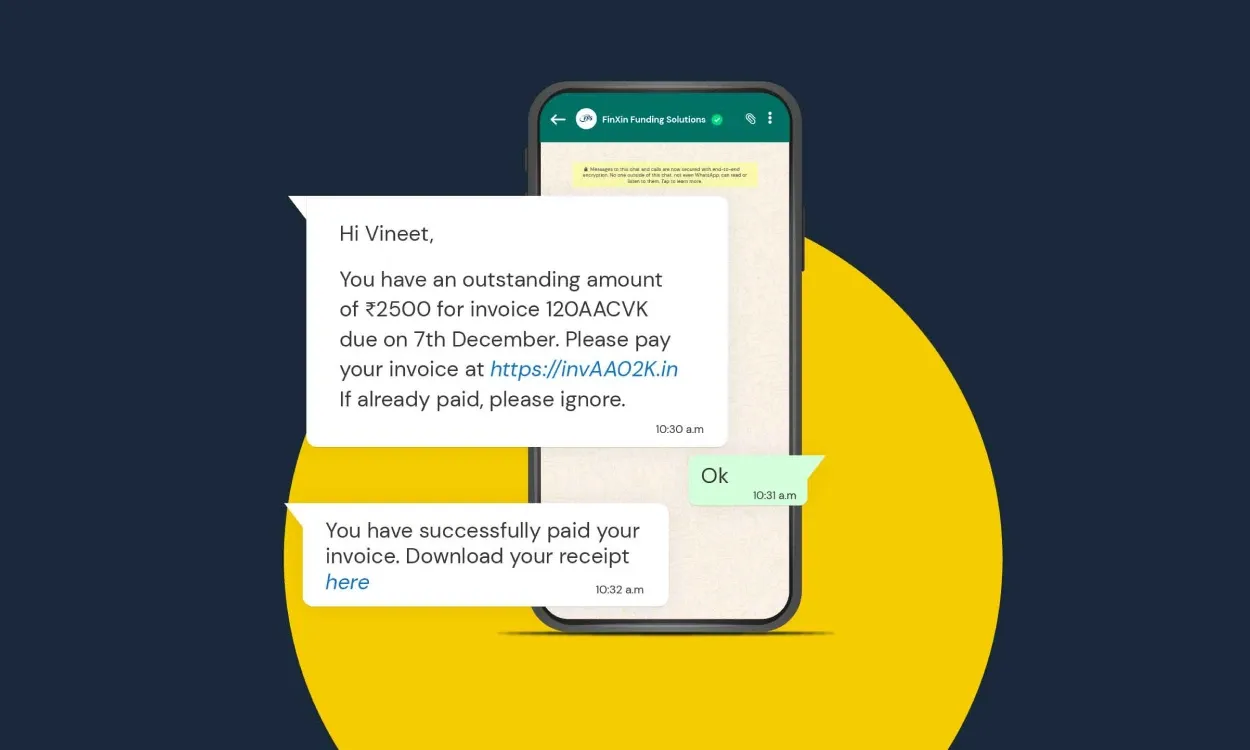
- E-commerce IndustryThe e-commerce industry has seen a massive surge in demand due to the COVID-19 pandemic. E-commerce businesses have used the WhatsApp API to automate customer interactions, making it easier for them to manage customer queries, orders, and payments. E-commerce businesses can use the API to send order confirmations, delivery notifications, and even personalized marketing messages.The WhatsApp API has also made it easier for e-commerce businesses to handle customer queries. With the automated responses feature, e-commerce businesses can respond to customer queries even when they are not available to do so manually. This has improved customer satisfaction levels and has helped e-commerce businesses to retain customers.
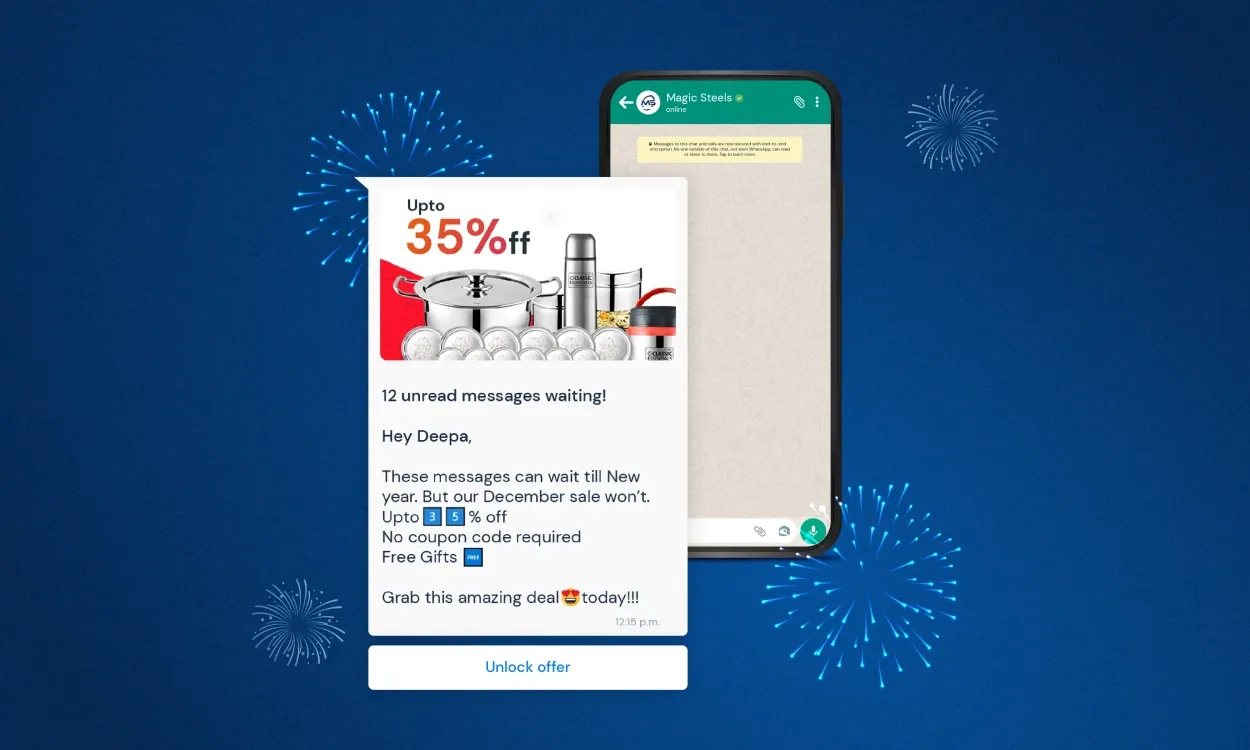
- Education IndustryThe education industry has also seen the benefits of automation in the WhatsApp API. Educational institutions can use the API to automate communication with students and parents, making it easier for them to manage schedules, assignments, and fees. The API can be used to send class schedules, homework assignments, and fee reminders.The WhatsApp API has also made it easier for educational institutions to handle queries from students and parents. With the automated responses feature, educational institutions can respond to queries even when they are not available to do so manually. This has improved satisfaction levels and has helped institutions to retain students.
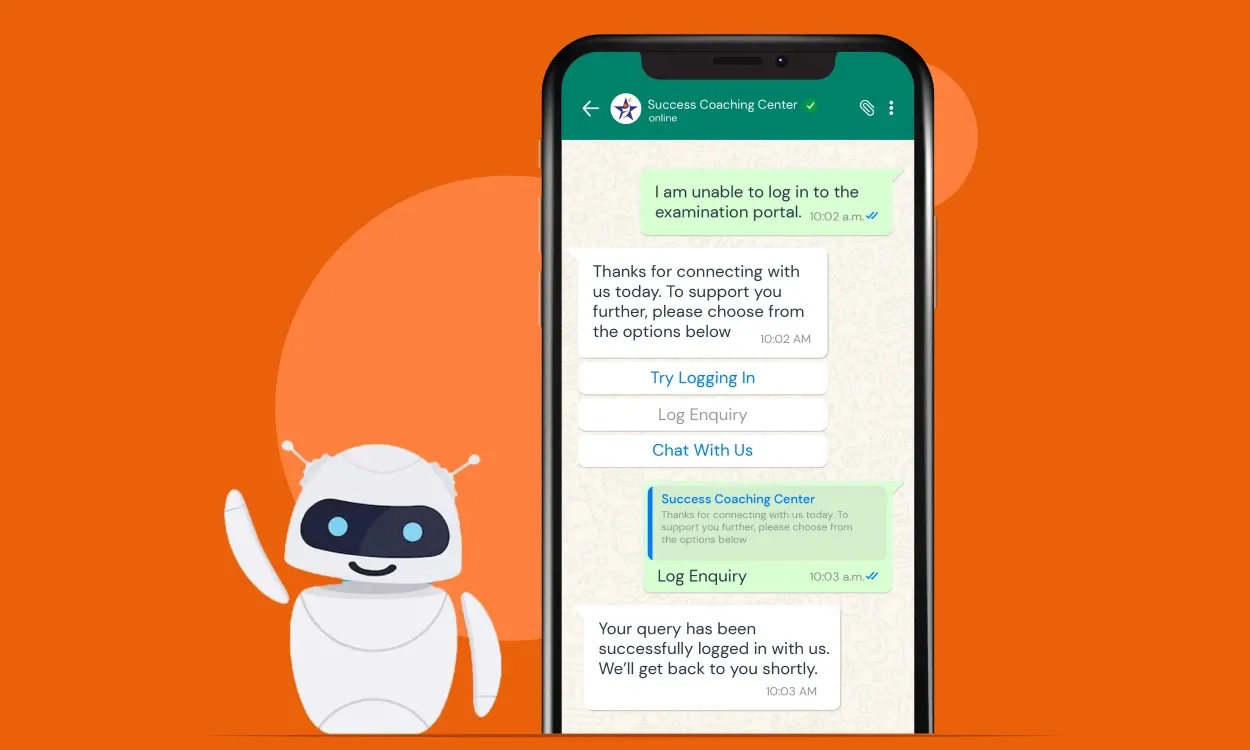
- Travel IndustryThe travel industry has also benefited from automation in the WhatsApp API. Travel agencies, airlines, and hotels can use the API to automate customer interactions, making it easier for them to manage bookings, orders, and payments. They can use the API to send booking confirmations, flight updates, and even personalized marketing messages.The WhatsApp API has also made it easier for travel businesses to handle customer queries. With the automated responses feature, travel businesses can respond to customer queries even when they are not available to do so manually. This has improved customer satisfaction levels and has helped travel businesses retain customers.
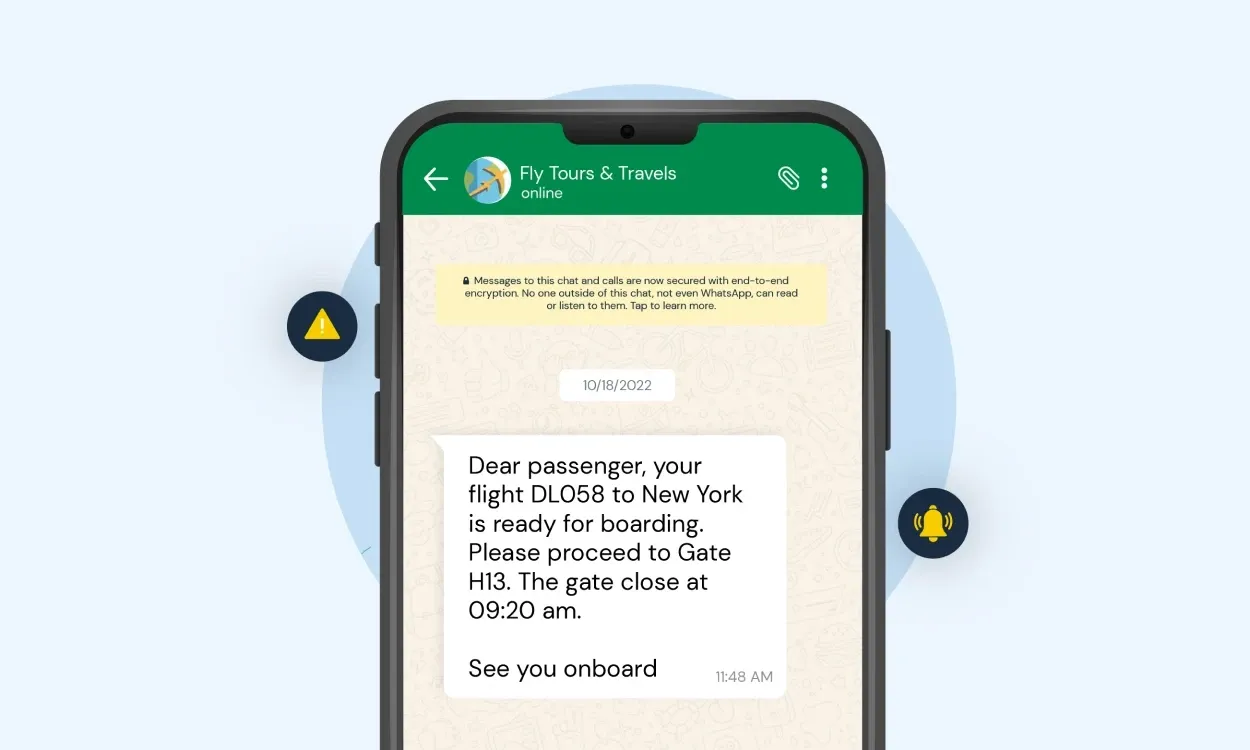
How can teams across industries use WhatsApp Automation to make their communication more efficient?
Teams can use WhatsApp Automation to make their communication more efficient in several ways. Here are some examples:
- Automate Frequently Asked Questions (FAQs): Teams can create an automated response system that can provide answers to common questions that they receive from customers or colleagues. This can save time for the team members who would otherwise have to respond to these queries manually.
- Schedule Reminders and Notifications: Teams can use WhatsApp Automation to send reminders or notifications to team members about upcoming deadlines, meetings, or other important events. This can help ensure that everyone is on the same page and can help prevent delays or missed deadlines.
- Streamline Approval Processes: Teams can use WhatsApp Automation to streamline approval processes for tasks or projects. For example, team members can be notified when a task is completed and asked to approve it through an automated message.
- Facilitate Internal Communication: Teams can use WhatsApp Automation to facilitate internal communication by creating automated messages that can be sent to specific team members or groups. For example, an automated message can be sent to the sales team with details of a new product launch or promotion.
- Personalize Customer Communication: Teams can use WhatsApp Automation to personalize customer communication by creating automated messages that are tailored to each customer. This can help improve customer engagement and satisfaction levels.
- Monitor Metrics and Analytics: Teams can use WhatsApp Automation to monitor metrics and analytics related to their communication efforts. For example, they can track the number of messages sent, received, and read, as well as the response times and customer satisfaction levels.
- E-commerce Industry: Teams in the e-commerce industry can use WhatsApp Automation to automate customer interactions, such as sending order confirmations, delivery notifications, and personalized marketing messages. This can help improve customer satisfaction levels and drive sales.
- Education Industry: Teams in the education industry can use WhatsApp Automation to automate communication with students and parents, such as sending class schedules, homework assignments, and fee reminders. This can help improve satisfaction levels and retention rates.
- Travel Industry: Teams in the travel industry can use WhatsApp Automation to automate customer interactions, such as sending booking confirmations, flight updates, and personalized marketing messages. This can help improve customer satisfaction levels and drive sales.
Overall, WhatsApp Automation can help teams across industries to save time, improve communication efficiency, and enhance customer satisfaction levels. By automating routine tasks, teams can focus on more strategic and value-added activities, ultimately driving business growth and success.
Power your Communication with Automation for a remarkable Customer Experience
WhatsApp API has revolutionized the way businesses interact with their customers. Automation has made it easier for businesses to manage customer queries, orders, and payments, improving customer satisfaction levels and helping businesses to retain customers. As automation continues to evolve, we can expect to see even more benefits for businesses and customers alike.
The impact of automation in the WhatsApp API has been significant and far-reaching across industries. It has revolutionized the way businesses interact with their customers, providing a faster and more efficient way to manage customer queries, orders, and payments. The benefits of automation have been felt in industries such as retail, hospitality, healthcare, finance, e-commerce, education, and travel.
The WhatsApp API has made it easier for businesses to automate their customer interactions, making it possible for them to respond to queries even when they are not available to do so manually. This has improved customer satisfaction levels and has helped businesses to retain customers. Additionally, automation has made it possible for businesses to send personalized marketing messages, improving customer engagement levels and driving sales.
As automation continues to evolve, businesses can expect to see even more benefits. This includes increased efficiency, reduced costs, and improved customer experiences. The WhatsApp API is just one example of how automation can revolutionize businesses and industries. As more businesses adopt automation in their customer interactions, the possibilities for improving customer satisfaction levels and driving business growth are endless.
To automate your workflows, Book a Demo Today with DashCX today!
Make your WhatsApp conversations faster, automatic, and more effective with your team.
Recent Blogs

25-08-2023
Streamlining Bulk Messaging: A Guide to Utilizing WhatsApp Cloud API & DashCX in South Africa
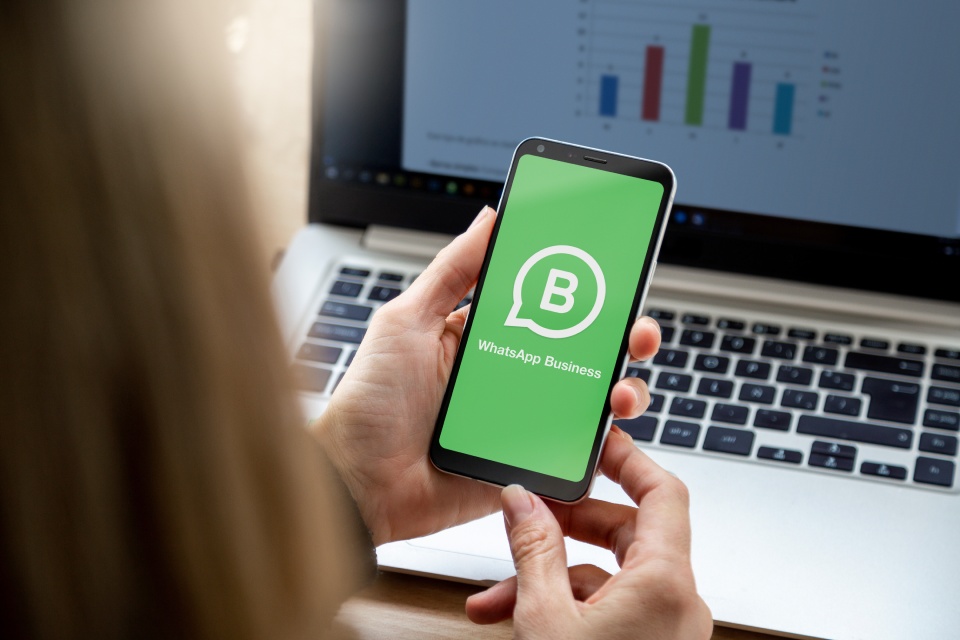
25-08-2023
Unified Messaging Made Easy: Utilizing WhatsApp Cloud API & DashCX Mobile App for Seamless Communication in South Africa

25-08-2023
Elevating Business Growth: Harnessing the Potential of WhatsApp Cloud API with DashCX for South African Entrepreneurs

30-03-2023
How to Create an Effective Lead Generation Campaign on WhatsApp
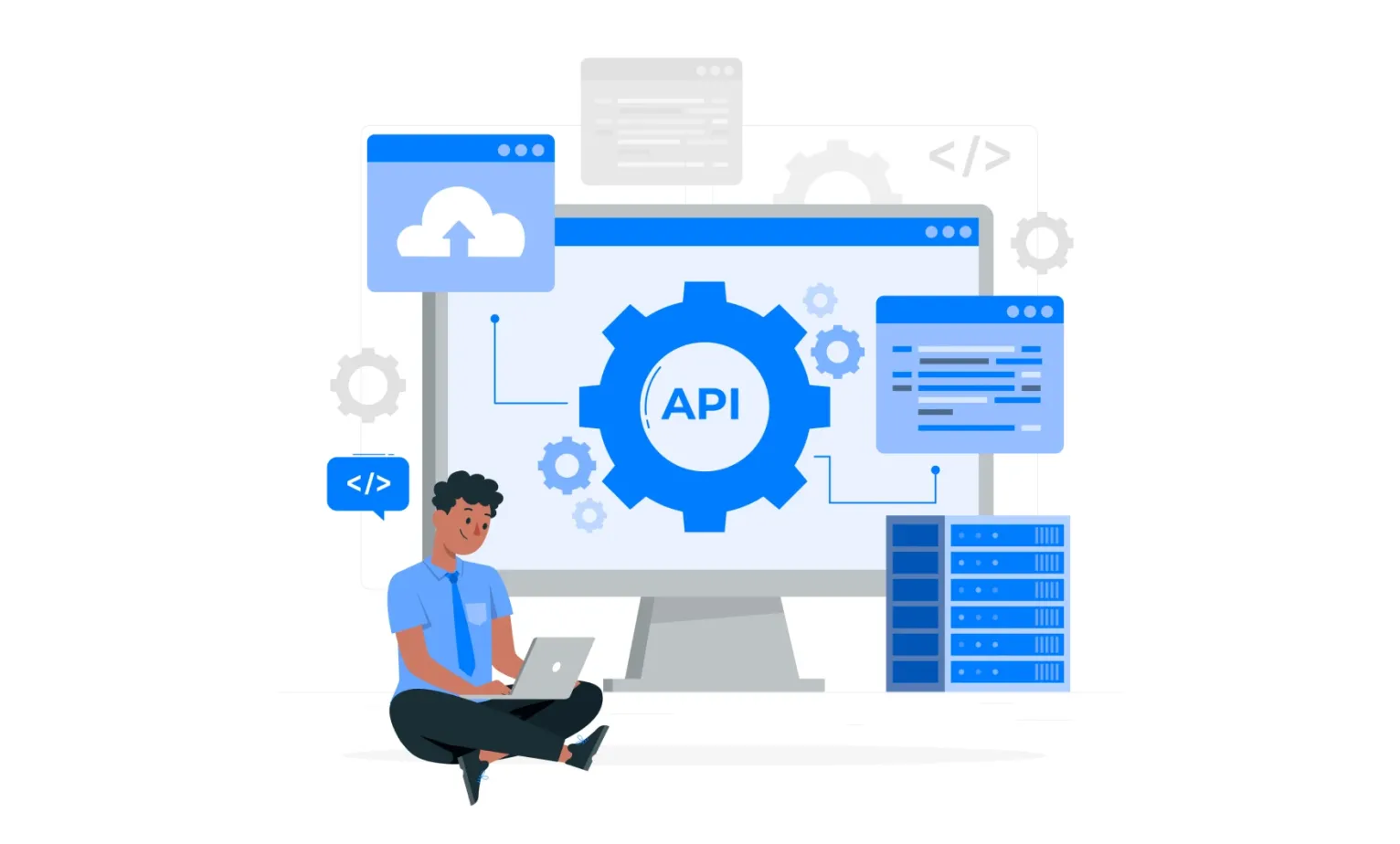
28-03-2023
What are the best WhatsApp Business API Providers? Find Out Now!

22-03-2023
How Stock broker companies use WhatsApp API to give insights into the portfolio to their ‘Customers’

13-03-2023
How can the manufacturing sector leverage automation in WhatsApp Business API to help achieve their business goals

10-03-2023
What Are the Benefits of Using WhatsApp Business API Human Chat for Handling Sensitive Data?

10-03-2023